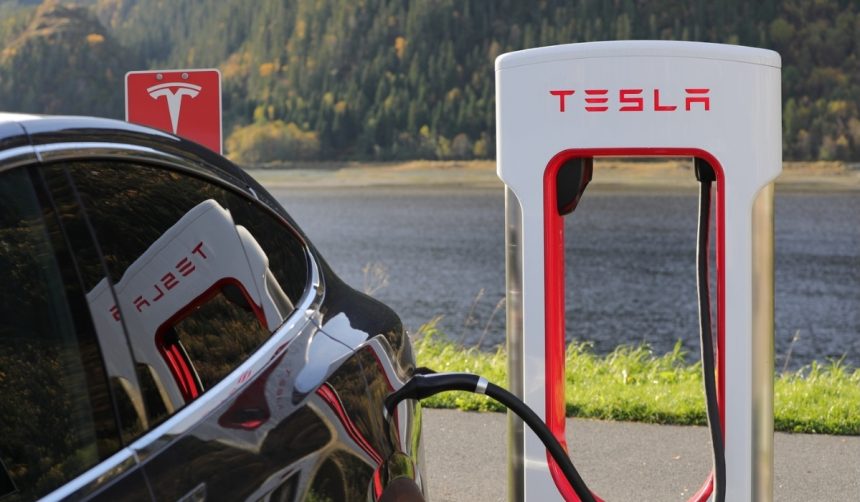Tesla has exceeded Wall Street expectations with its third-quarter financial results, demonstrating resilience in a challenging electric vehicle market. The company’s strategic focus on expanding its energy solutions and enhancing service offerings contributed significantly to its revenue growth. Investors responded positively, driving Tesla’s stock to a three-month peak. Beyond financial gains, Tesla continues to innovate, positioning itself for a broader role in sustainable transportation and energy management.
While previous reports highlighted Tesla’s dominance in the EV sector, recent analyses emphasize the company’s diversification into energy storage and generation. This shift marks a significant evolution from solely automotive manufacturing to a more integrated energy solutions provider. Competitors have also intensified their efforts, making Tesla’s recent financial performance even more noteworthy.
What Factors Contributed to Tesla’s Revenue Growth?
Tesla’s revenue increase was driven by a combination of rising sales in its core automotive segment and substantial growth in its energy generation and storage business. Additionally, the expansion of Tesla’s supercharging network and other service offerings played a crucial role. The sale of automotive regulatory credits also provided a notable boost to the company’s profitability.
How Will Tesla’s Affordable Vehicle Plans Impact the Market?
Tesla plans to introduce more affordable vehicles in the first half of 2025, aiming to reduce the cost of some models below $30,000 after tax incentives. This move is expected to make electric vehicles more accessible to a broader audience, potentially increasing Tesla’s market share. However, the company has decided against launching a non-autonomous $25,000 EV, focusing instead on advancing its autonomous technology.
What Are Tesla’s Next Steps in Autonomous Technology?
Tesla is actively testing a robotaxi service for its employees in the Bay Area, utilizing a prototype of its ride-hailing app. The company anticipates launching paid robotaxi services in California and Texas next year, pending regulatory approvals. Elon Musk emphasized that the integration of autonomous vehicles will transform Tesla into more than just a vehicle manufacturer, elevating its status in the technology and service industries.
Tesla’s ongoing investment in autonomous driving and energy solutions positions it uniquely in the market. The company’s ability to adapt and expand its offerings reflects a strategic approach to long-term growth and sustainability. As regulatory landscapes evolve, Tesla’s proactive measures in autonomous technology and affordable EVs are likely to play a pivotal role in shaping the future of transportation and energy.










